Article not found
This article is no longer available. But don't worry—we've gathered other articles that discuss the same topic.
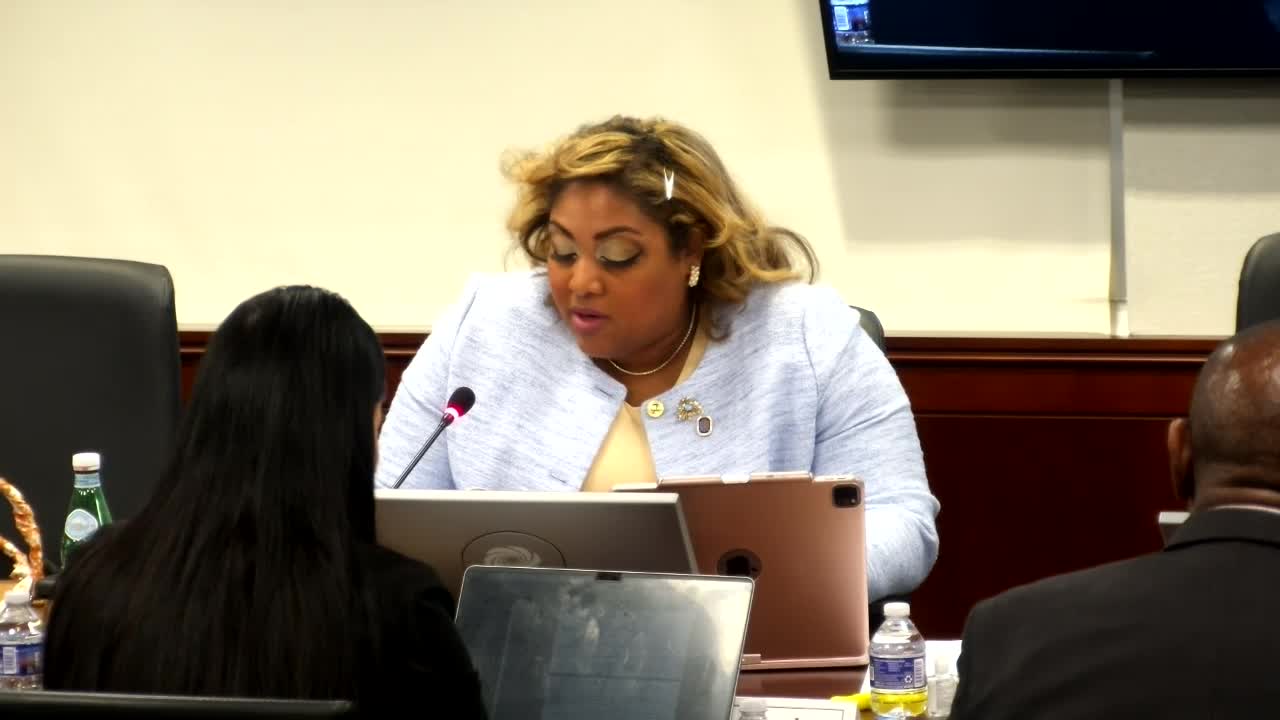
County updates assisted-living bill; seeks state discussion after MDH raised staffing concerns
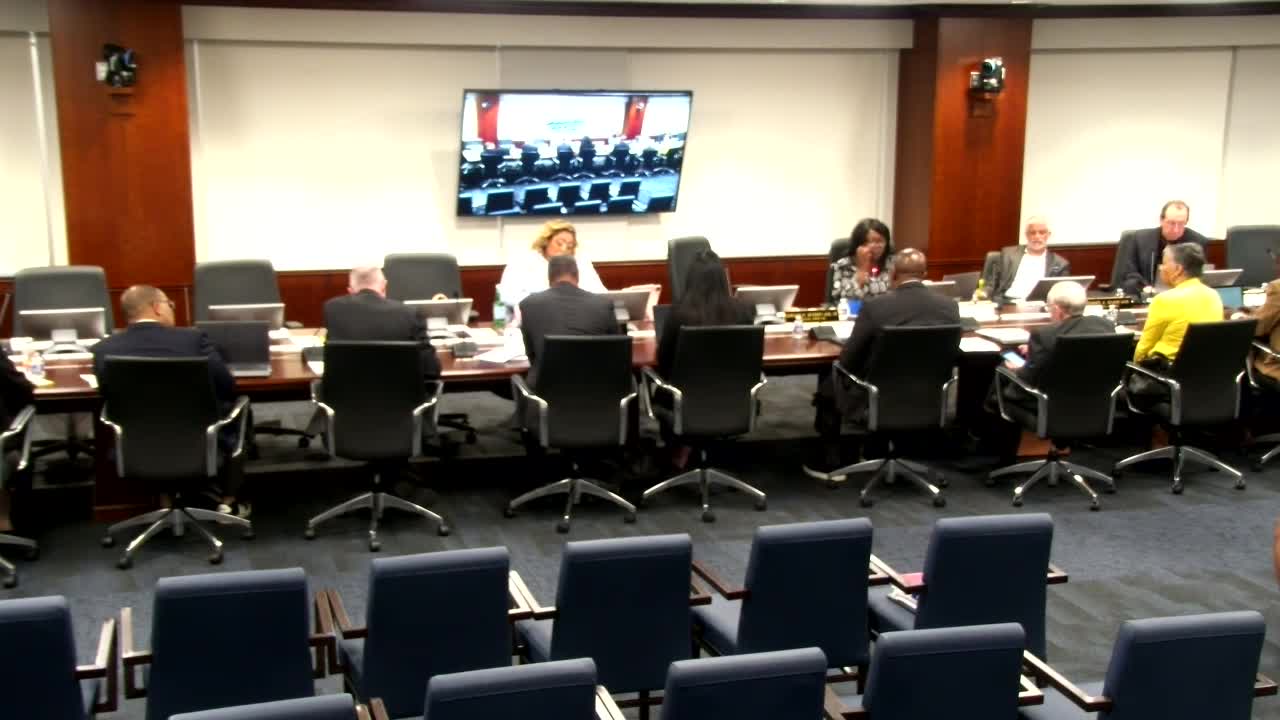
Committee takes no position on Maryland bottle-deposit bill, asks for study of local fiscal impacts
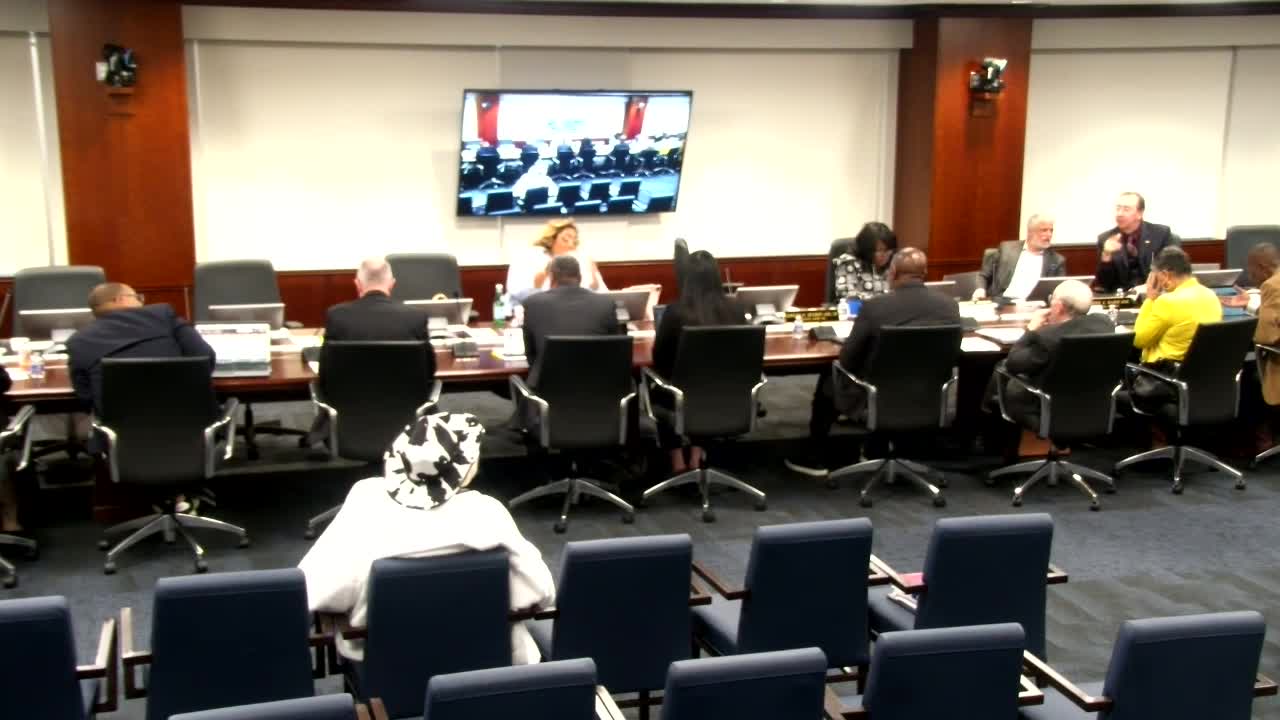
Council supports revised community reinvestment fund bill for cannabis revenue with requested clarifications
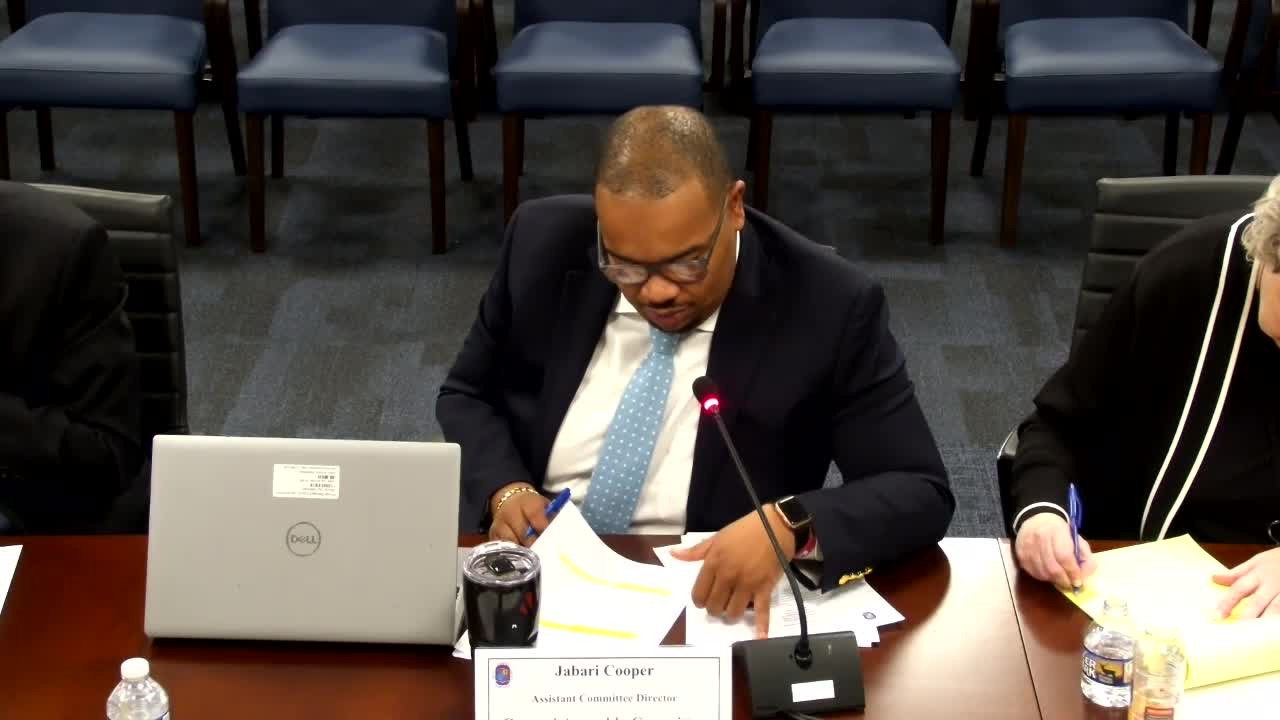
Committee endorses state food-deserts work group, citing county need for better grocery access data
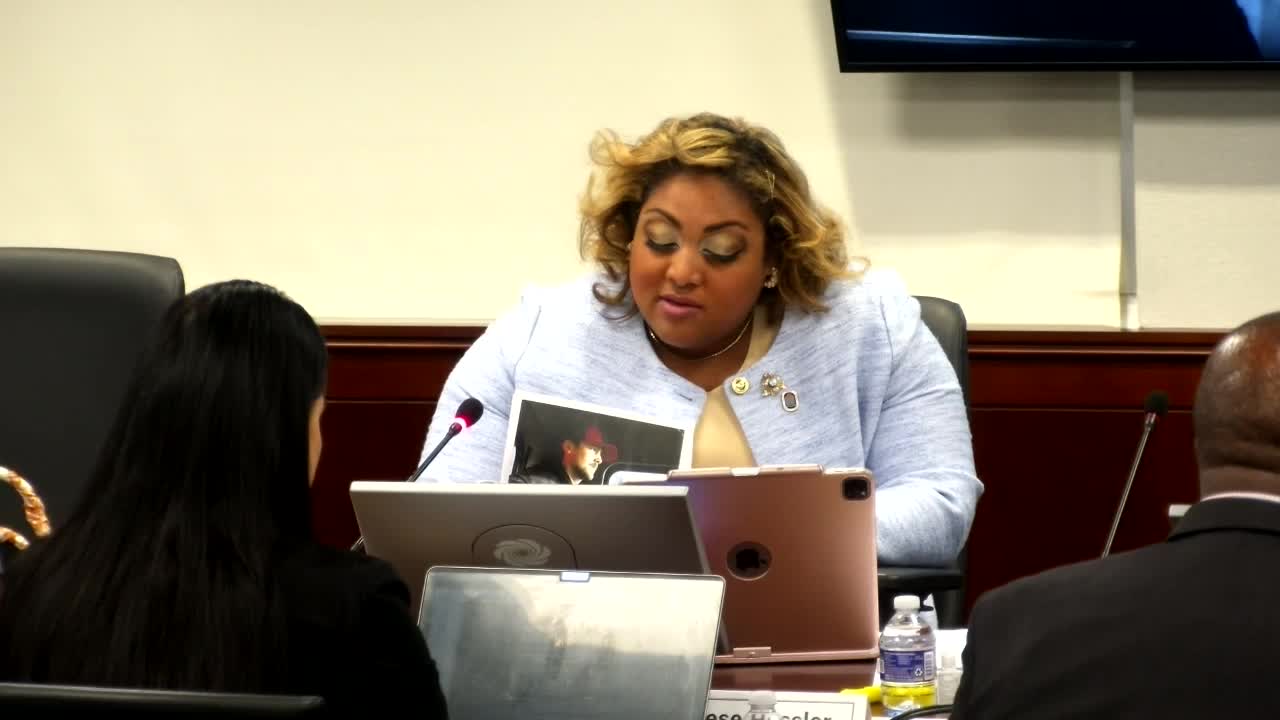
Committee places municipal annexation limitation bill on hold pending more review
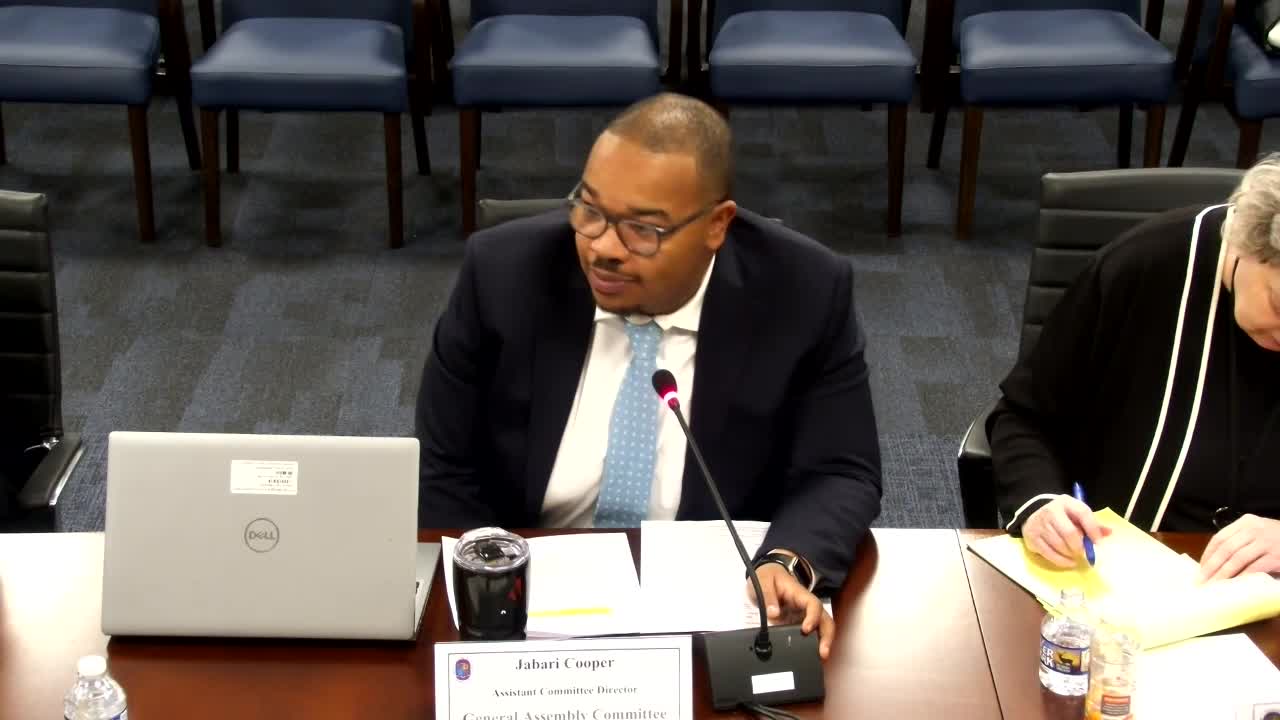
Council opposes state bill to mandate accessory dwelling unit rules, citing local control and fiscal concerns
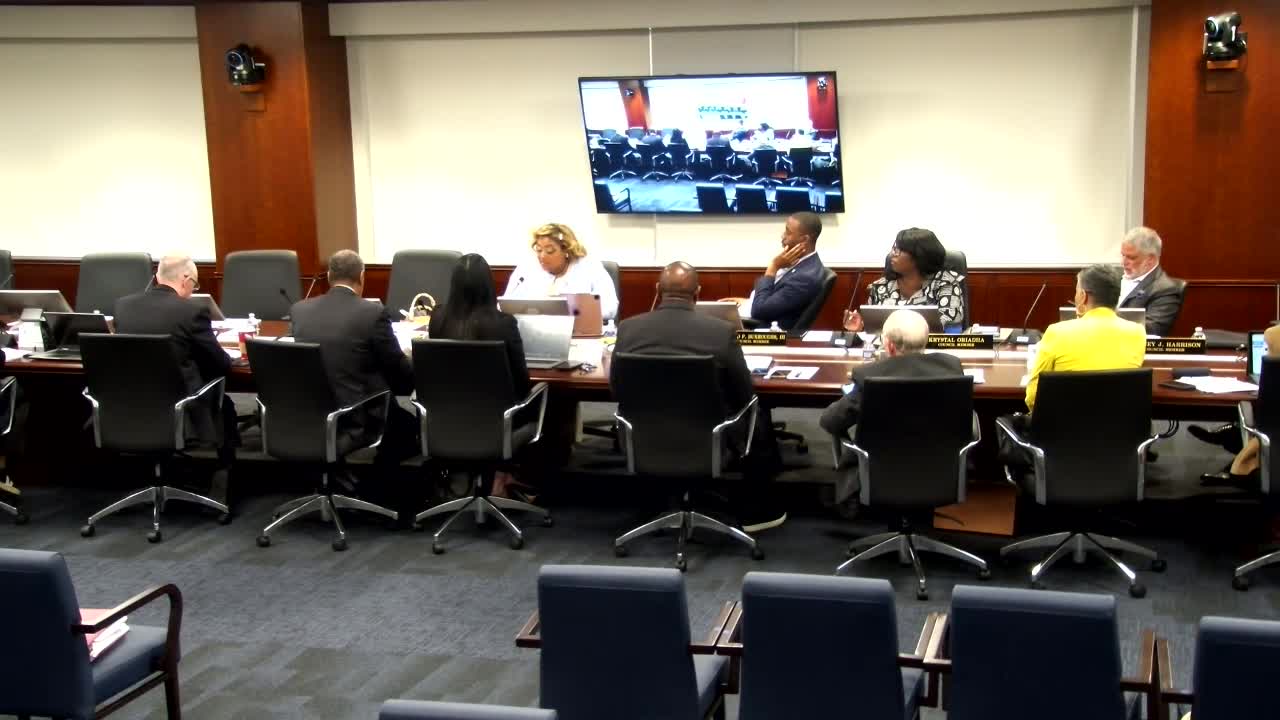
Prince George's Council backs amendments to Housing for Jobs bill, seeks local exceptions and alternate job data

